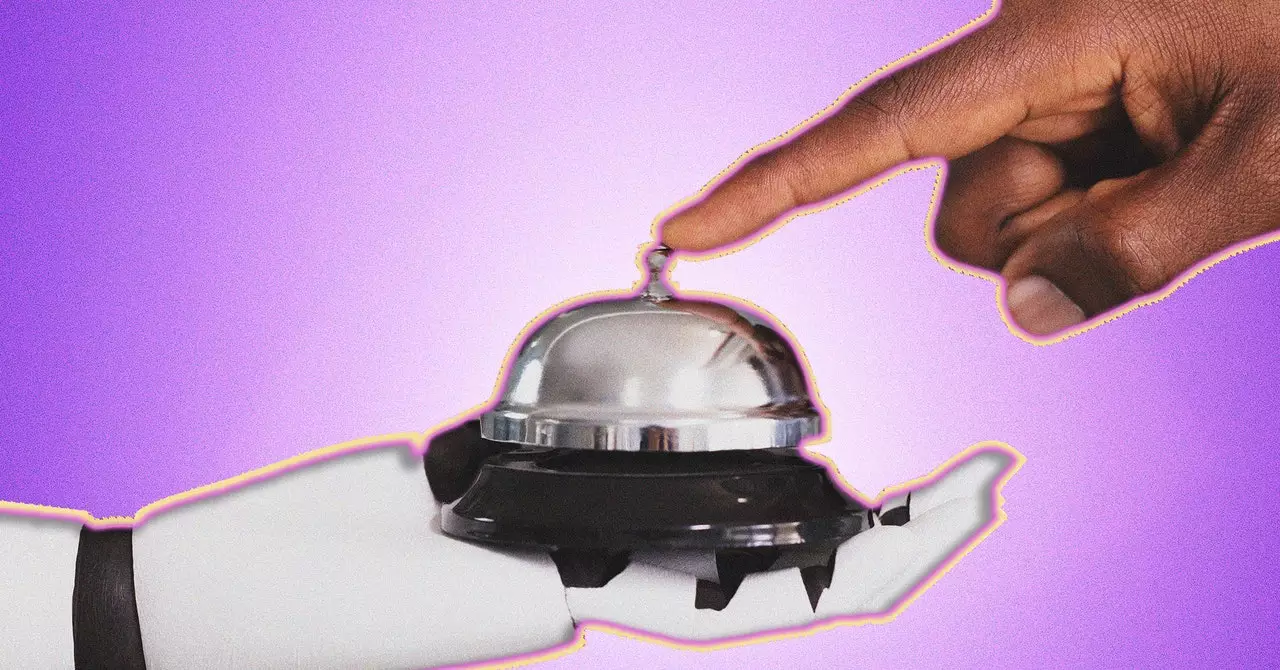In this rapidly evolving digital landscape, artificial intelligence (AI) continues to permeate various industries, transforming commonplace practices and redefining consumer interactions. One such area witnessing a significant transformation is the restaurant industry, specifically in customer communication. Increasingly, establishments are turning to AI voice assistants to enhance customer experience while optimizing operational efficiency. Outlining the emergence and implications of this trend reveals a profound shift in how diners engage with restaurants.
Imagine calling a restaurant to inquire about reservation availability and being greeted by a pleasant, ever-polite virtual assistant. This is becoming a common reality as more restaurants adopt AI voice technology to handle inquiries. These AI hosts, such as those developed by companies like Maitre-D, Newo, and RestoHost, serve as sophisticated solutions to the inundation of phone calls that restaurants face daily. Their functions range from answering frequently asked questions regarding the menu and seating to managing reservation requests around the clock without a human presence.
While traditional customer service has often relied on human interaction, the efficiency offered by AI presents a compelling case. Notably, many diners still prefer to call restaurants directly despite the availability of online resources like reservation apps. This dynamic plays into a larger narrative about consumer behavior—despite advanced technology, human connection remains a critical aspect of hospitality that many believe should be preserved, albeit in a transformed format.
Understanding the demand for AI voice assistants within the restaurant industry requires an examination of the overall volume of correspondence that establishments manage. Data suggests that restaurants, especially popular ones, receive anywhere from 800 to 1,000 calls a month. Many of these calls revolve around similar queries: dress codes, seating arrangements, and food allergy policies. Such repetitive requests often divert staff attention away from serving guests, potentially compromising the quality of the dining experience.
Matt Ho, owner of Bodega SF, provides insight into this phenomenon by noting the constant ringing of phones during service hours. He underscores how the Maitre-D platform facilitates smoother operations by automating basic inquiries, which allows staff to focus on providing exceptional service to diners physically present in the restaurant.
One of the core strengths of AI voice technology lies in its ability to scale customer service while ensuring a consistent experience. These systems, which employ natural language processing, can adapt to various situations and contexts, seamlessly transitioning from general inquiries to more specific concerns. The multilingual capabilities offered by some providers further enhance accessibility for diverse clientele, ensuring everyone feels welcomed and valued.
However, skepticism still exists around how these technologies impact the essence of dining at a restaurant. Critics argue that over-reliance on AI could detract from the personal touch that distinguishes one dining experience from another. While AI can manage many calls efficiently, it lacks the emotional intelligence that a human host brings to the table. Therefore, the challenge lies in finding balance—leveraging technology to reduce burdens on staff while ensuring that human interaction remains at the forefront of guest experience.
As the restaurant sector continues to navigate this technological evolution, it is evident that AI voice assistants can play a vital role in redefining customer communication. As these technologies prove their effectiveness in managing routine inquiries and reservations, we may soon see even wider adoption across the industry. However, achieving a harmonious coexistence between AI and human employees will ultimately determine the efficacy and sustainability of this trend.
The integration of AI voice hosts into the restaurant industry represents a significant shift in operational dynamics. This technology offers promising solutions to age-old challenges while addressing modern consumer preferences. As the industry moves forward, embracing innovation while preserving the foundational values of hospitality will be crucial. The future landscape may very well be shaped by those establishments that adeptly blend AI efficiencies with the irreplaceable human touch that defines delightful dining experiences.

